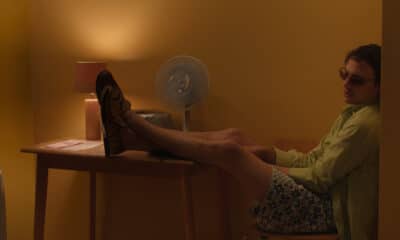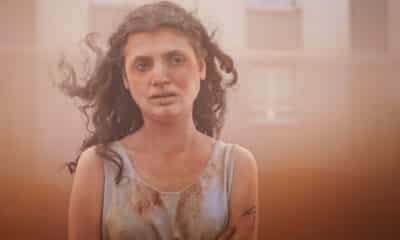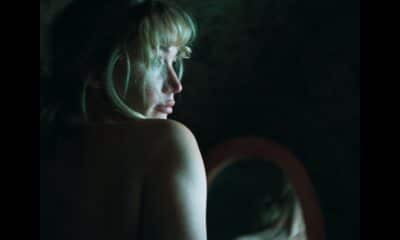Clash review: Following on from the superb ‘678’, filmmaker Mohamed Diab focusses on the political struggles in modern day Cairo for this inventive new thrilling drama.
Clash review by Paul Heath, LFF 2016.

Premiering as the opening film in the Un Certain Regard section at this year’s Cannes Film Festival, this confined piece of near-perfect film-making hails from Egyptian director and co-writer Mohamed Diab.
Set against the backdrop of the people-led uprising in Egypt in 2013, Clash charts the situation within a police paddy-wagon where of a group of people with different political views are forced together as the thrown-out Muslim Brotherhood face off against the army around them. Most of the action is confined to this 8 metre long van, Diab guiding us with skillful camera techniques and politically charged action as a group of unlikely people from both sides are forced to spend a number of hours locked-up together.

Clash is intense. Pure and simple, almost from the off. There’s no other way to describe it. Claustrophobic could be another as tempers flare and views collide as men, women and children are thrown together by the army as their police truck weaves its way through midtown Cairo one on hot summer’s evening. Hany Adel and Mohamed El Sebaey are the first to enter the fray, a couple of journalists from the Associated Press bundled into the van as they try to capture footage from one of the rallies. Soon they are joined by many others – a father and his son, quickly thrown into the cab followed by their mother (a superb Nelly Karim, Tarek Abdel Aziz and Ahmed Dash), Ahmed Malek and Husni Sheta‘s best friends, a Muslim father and his young daughter (Mai El Ghaity) and then a gang of MB members who quickly add an altogether other level of tension to the mix.
Diab’s film, which he co-scripted with his brother Khaled, is well-thought out, huge and ambitious in scale and masterfully executed. While most of the action takes place in the van, through the windows we can see chaos and carnage reigning, all brilliantly captured by Ahmed Gabr‘s wandering, largely hand-held camera. The tension is carried all of the way through he picture, the viewer not knowing where we could be taken next.

Of course the film has a massively political message running through it, perfectly encapsulated during the film’s final scenes – the very last shot resting on an unfinished puzzle – one that cannot be solved – which captures the essence of this masterful work completely.
A thrilling, often harrowing piece of work that commands your attention and deserves it. A near-perfect original work.
Clash review by Paul Heath, October 2016.
Clash plays at the 2016 BFI London Film Festival. It is currently awaiting a UK release date.

Latest Posts
-
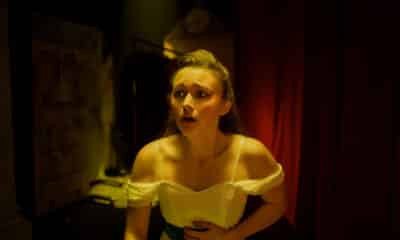

Film Reviews
/ 2 days ago‘Fear Street: Prom Queen’ review: Dir. Matt Palmer (2025)
It has been four years since Leigh Janiak’s Fear Street trilogy took horror fans...
By Kat Hughes -
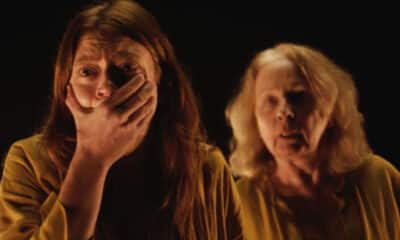

Film Reviews
/ 2 days ago‘The Surrender’ review: Dir. Julia Max (2025)
As Julia Max’s debut feature, The Surrender, unfolds, the inspirations for the film become...
By Kat Hughes -


Film Trailers
/ 4 days agoFirst trailer for Darren Aronofsky’s ‘Caught Stealing’
Sony Pictures has released the debut trailer for Darren Aronofsky’s new film Caught Stealing,...
By Paul Heath -


Film Reviews
/ 5 days ago‘Lilo and Stitch’ review: Dir. Dean Fleischer Camp (2025)
Director Dean Fleischer Camp won audiences over with the fantastic Marcel the Shell with...
By Kat Hughes

